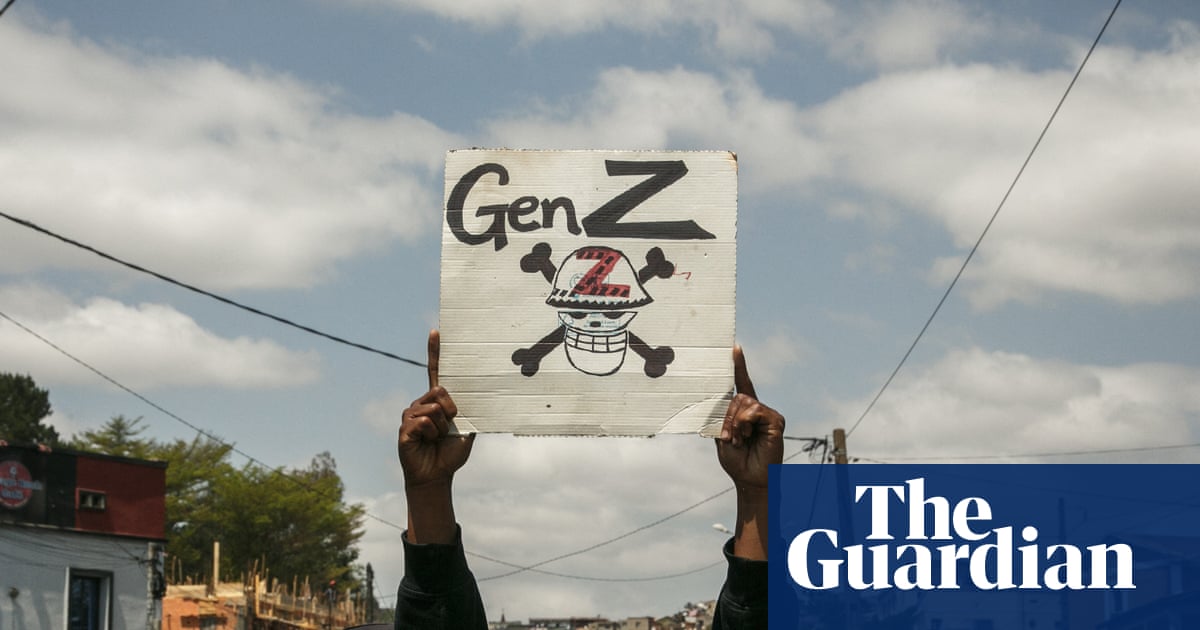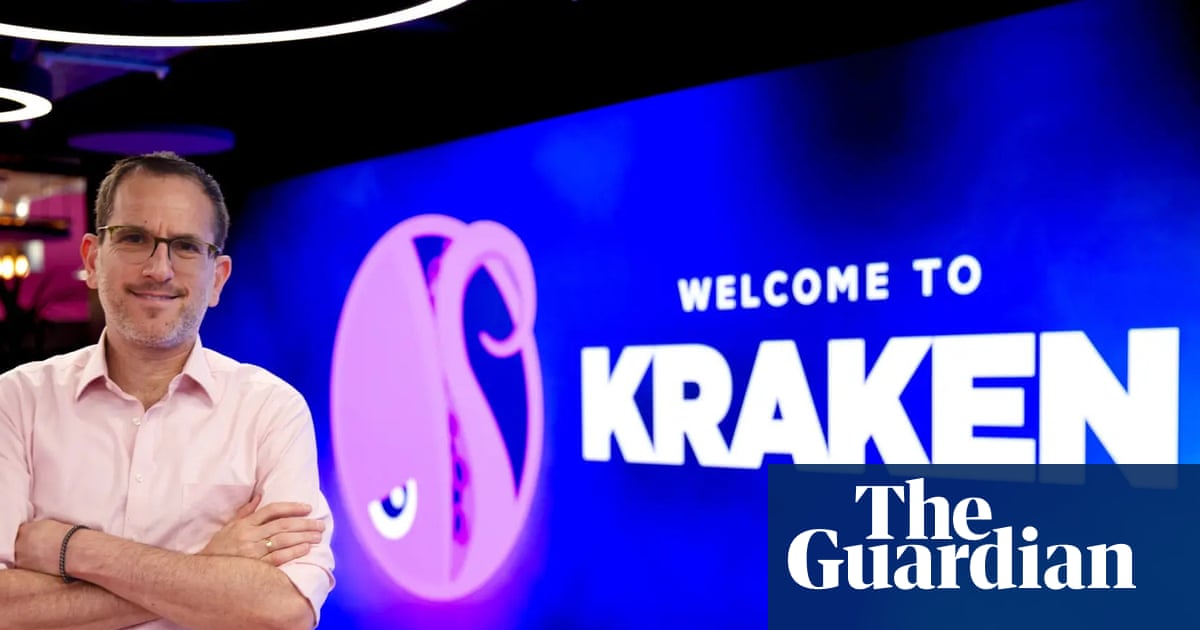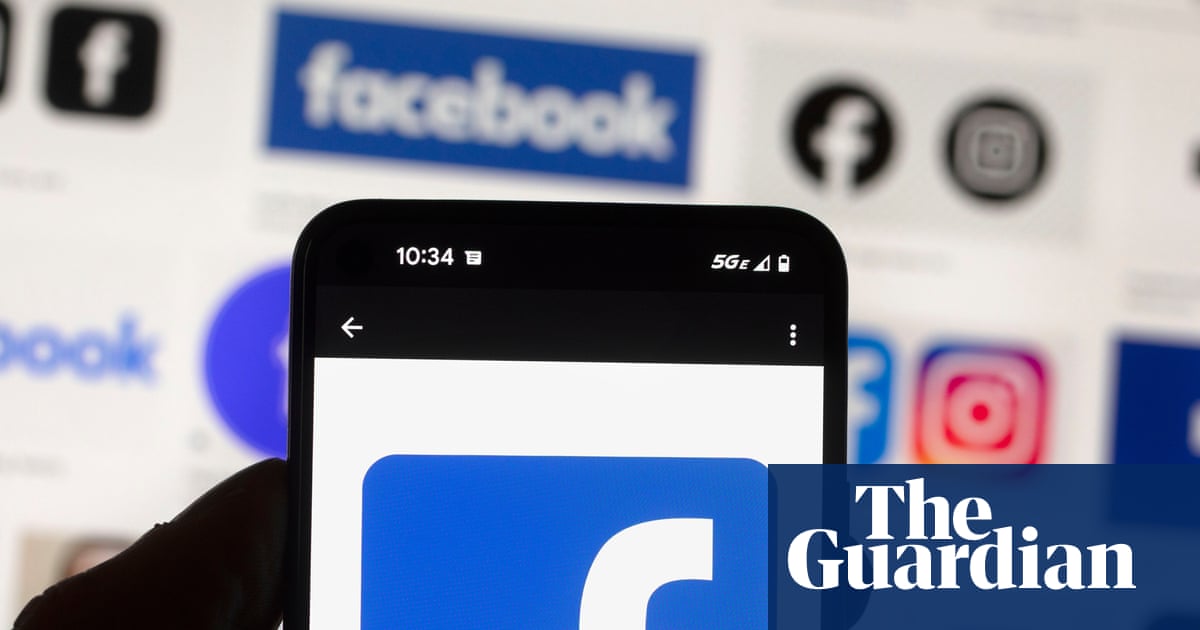“Cambio, cambio.” Under the blazing sun, dozens of money changers are hawking US dollars along Florida Street, a bustling pedestrian strip in Buenos Aires. Known as arbolitos (“little trees”), they are thriving ahead of the 26 October midterm elections in a country long used to saving in the greenback.
“The best time to buy is now,” says one arbolito, declining to give her name. “[The dollar] went down a little but it is a fake-out – it’ll rise again.”
Like her, economists across the spectrum expect a devaluation of the Argentine peso once the voting is over. The president, Javier Milei, has placed a cap on the currency to tame triple-digit inflation and now it remains overvalued and reserves are depleted, leaving Argentina’s economy stagnant as consumers turn to cheap imports.
Luciano Galfione, a textile industrialist, says the 75-year-old family company he heads is living through “the worst moment in its history”. Since the chainsaw-wielding Milei took office, Galfione has laid off almost 50 workers and suspended 45 more at his Buenos Aires mill as consumption has slumped.
Between December 2023 and July 2025, 18,000 businesses have closed and 253,800 registered jobs have been lost, according to the Centre for Argentine Political Economy (CEPA). Alongside the exchange rate freeze, which made Argentina the most expensive country in South America, Milei’s government – unlike Donald Trump’s – has reduced or scrapped tariffs, leaving heavily taxed local industries at a disadvantage against Chinese imports.
“It’s the perfect storm,” says Galfione, seeing no easy exit for Milei from his predicament. “If he devalues the currency, inflation will soar. For now, his only achievement is containing it – at the cost of a major recession.”
Together with the retirees who protest against deep cuts in their pensions outside Congress every Wednesday, Galfione is among those counting the costs of Argentina’s turn to Milei two years ago.
Milei’s populist experiment now faces a defining moment. From Trump (who is trying to prop up Milei and the peso with a $20bn (£15bn) currency lifeline) to Italy’s Giorgia Meloni, Hungary’s Viktor Orbán and the UK’s Nigel Farage, politicians around the world are closely watching what happens when populist economic prescriptions collide with reality.
Fertile ground
Argentina is a very special case. The country has been repeatedly racked by debt defaults and economic crises and its voters have been susceptible over the years to leftwing populism, in the form of the powerful Peronist movement, and now Milei’s rightwing version.
Milei is a textbook populist: charismatic, iconoclastic, promising muscular policies to wrestle back control of the economy from the establishment on behalf of the people.
These key characteristics are shared by his ally to the north, Trump, and by Farage, who styles himself as a pint-swilling people’s champion despite being a privately educated former stockbroker.
Until recent months, Milei’s approach – involving extensive privatisations and deep public spending cuts – had won plaudits from the IMF for helping to bring inflation under control. The programme has something in common with that of Milei’s idol Margaret Thatcher, who also saw inflation as a dragon to be slain, no matter the cost.
But financial markets began losing confidence in Milei’s radical project in recent months after a shaky result in provincial elections and a series of corruption scandals. Only massive financial intervention by Trump has averted what looked set to become a full-blown currency crisis.
Milei’s travails raise wider questions about the appeal of charismatic populists who wield simple answers in today’s complex and fragmented global economy.
Across Europe, the aftermath of the 2008 financial crisis has been fertile ground for populists to flourish in. Ordinary citizens bore the costs of rebuilding after the great crash while banks were bailed out by the taxpayer. The Covid pandemic and Russia’s invasion of Ukraine brought fresh turmoil. Stagnant living standards, as evidenced by sluggish wage growth and surging prices, have driven a hunger for change – and for scapegoats.
In France, Emmanuel Macron is trying to avoid calling a snap election for fear of his centre-right Renaissance party succumbing to the populist Marine Le Pen. Public dissatisfaction with a package of austerity policies aimed at tackling France’s yawning deficit and placating jittery bond markets is at the heart of the tussle.
Italian voters turned to the charismatic rightwing populist Meloni in 2022. She had served in Silvio Berlusconi’s coalition cabinet as a member of the far-right National Alliance and founded her own party,Brothers of Italy, in 2011, offering a radical rightwing alternative to the austerity policies of Mario Monti’s technocratic government.
She has not brought the tear-it-all-down approach to economic policy deployed by Milei – she quietly dropped earlier calls for Italy to leave the euro, for example – but she has appealed to voters’ desire to overturn the status quo, blaming immigration for Italy’s struggles.
In the UK, the appeal of Farage is not hard to diagnose, says Ben Ansell, a professor of comparative democratic institutions at the University of Oxford’s Nuffield College. “The answer is probably quite simple: people feel rotten about the economy and have done since the end of Covid or the start of the Ukraine war. They switched government, they still feel awful, they don’t trust the main parties, so they turn to someone who says: ‘Everything needs to be disrupted: trust me.’”
Contradictions
The vote for Brexit in 2016 arguably had some of the same logic, and its figurehead, Boris Johnson, swept away doubts about economic detail with a bullish determination to implement the “will of the people” in the face of the establishment’s horror.
Farage has so far committed few policies to paper aside from a call for mass deportations, which he subsequently appeared to revise on the hoof. He wants to rein in the Bank of England, perhaps even ditching its governor, Andrew Bailey, with scepticism of a stodgy establishment being a key part of the populist package.
His tax and spending policies appear to be in flux: wary of being accused of planning a Liz Truss-style splurge, he recently abandoned a promise to make £90bn of tax cuts. His Reform party deputy, Richard Tice, said they would concentrate instead on public spending cuts.
Labour hopes this stance will enable it to portray Farage as planning to bring back austerity – a point Rachel Reeves, the chancellor, has made repeatedly, contrasting it with her approach of increasing public investment.
Jo Michell, a professor of economics at the University of the West of England, says there are contradictions in Farage’s economic programme, such as it is.
“Reform are bankrolled by very wealthy people demanding tax cuts and deregulation, but also talking a lot about the grievances of working people and the loss of industrial jobs and things that really resonate,” he says. “There’s a tension there between rich backers who want Thatcherism on steroids, and this narrative of bringing back British jobs and reindustrialisation.”
Farage enjoys the company of cryptocurrency entrepreneurs but has also promised to reopen shuttered steelworks and run them on British coal.
Michell says if a Farage government tried to implement massive tax giveaways to the wealthy without a plan to fund them, it would go down about as well with international investors that lend to the UK as Truss’s mini-budget. “If it was tax cuts without spending cuts, the markets would puke,” he says.
Reform would face the same formidable challenge in winning over the markets as governments of all stripes in many developed economies currently do.
Hefty public debts run up through the financial crisis and the Covid years, combined with the need for more spending on defence and ageing societies, mean borrowing has been rising in many countries simultaneously, making bond markets unusually volatile – with knock-on effects for interest rates.
Despite the risks, as in the Brexit campaign it is unclear how successful detailed rebuttal of Reform’s economic policy is likely to be. Reeves has recently acknowledged that Brexit is one reason the Office for Budget Responsibility has cut its growth forecasts, but Labour has been consistently reluctant to lean into the issue.
Ansell says successfully taking on populist arguments requires deft political communication. “You have to do it with a lot of charisma, with humour,” he says.
The leftwing economist Ann Pettifor agrees that no one should be surprised by the allure of economic populism. “There’s real anger about the wrongness of the system, which is structurally impoverishing the many and enriching the few,” she says.
Her riposte to the likes of Milei, Trump and Farage would be a left populism, akin to that on offer from the New York mayoral candidate Zohran Mamdani or the UK Green party leader, Zack Polanski, or once upon a time by Jeremy Corbyn, that challenges the power of corporations, central banks and the super-rich.
“Trump is saying: ‘We should blame Mexico and Canada and China,’” Pettifor says. “The left should be saying the problem is Silicon Valley and Wall Street.”
Trump shares Milei’s love of chaos and showbiz but his approach does not fit straightforwardly into his Argentinian ally’s laissez-faire playbook. While Trump has cut taxes for the wealthy and slashed regulation in some sectors, his administration has also taken stakes in strategic firms and used trade policy as a political weapon – a muscular interventionism more familiar in Beijing than Washington.
So far the impact of the tariff blitz on the US economy appears to be relatively muted, though it is being masked by the historic boom in AI investment, which a growing number of experts warn may be a bubble.
Many experts believe Trump’s attacks on the Federal Reserve and blatant disregard for the rule of law may ultimately be more corrosive for the future health of the US economy than his erratic trade policies.
Holding on to power
In truth, the evidence suggests neither left nor right populists tend to fare well when faced with real-world challenges (though of course each charismatic individual claims to offer something unique).
A recent paper in the American Economic Review analysed the performance of 51 populist presidents and prime ministers, from 1900 to 2020. It found that on average, after 15 years, gross domestic product per head tends to be 10% lower in countries run by populist leaders than in similar economies with more mainstream regimes.
“Economic disintegration, decreasing macroeconomic stability and the erosion of institutions typically go hand in hand with populist rule,” argue the paper’s authors, Manuel Funke, Moritz Schularick and Christoph Trebesch.
Another intriguing finding of the research, though, is that despite their economic costs, these leaders tend to be good at holding on to power, lasting on average eight years, compared with four for their more moderate equivalents.
In other words, it is not clear that even when their plans crash, populists immediately pay the price at the ballot box. Like the Brexiters’ promise to “take back control”, their appeal reaches beyond mundane economics.
But back in Buenos Aires, whether Milei’s populist project collapses or is kept on life support by Trump, Argentina’s citizens have already paid a heavy price.
Additional reporting by Facondo Iglesia

 2 months ago
50
2 months ago
50

















































